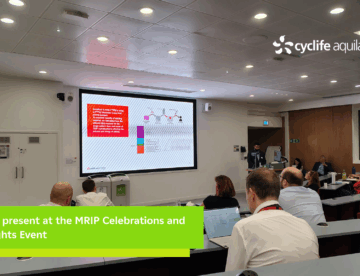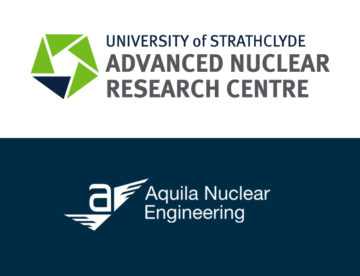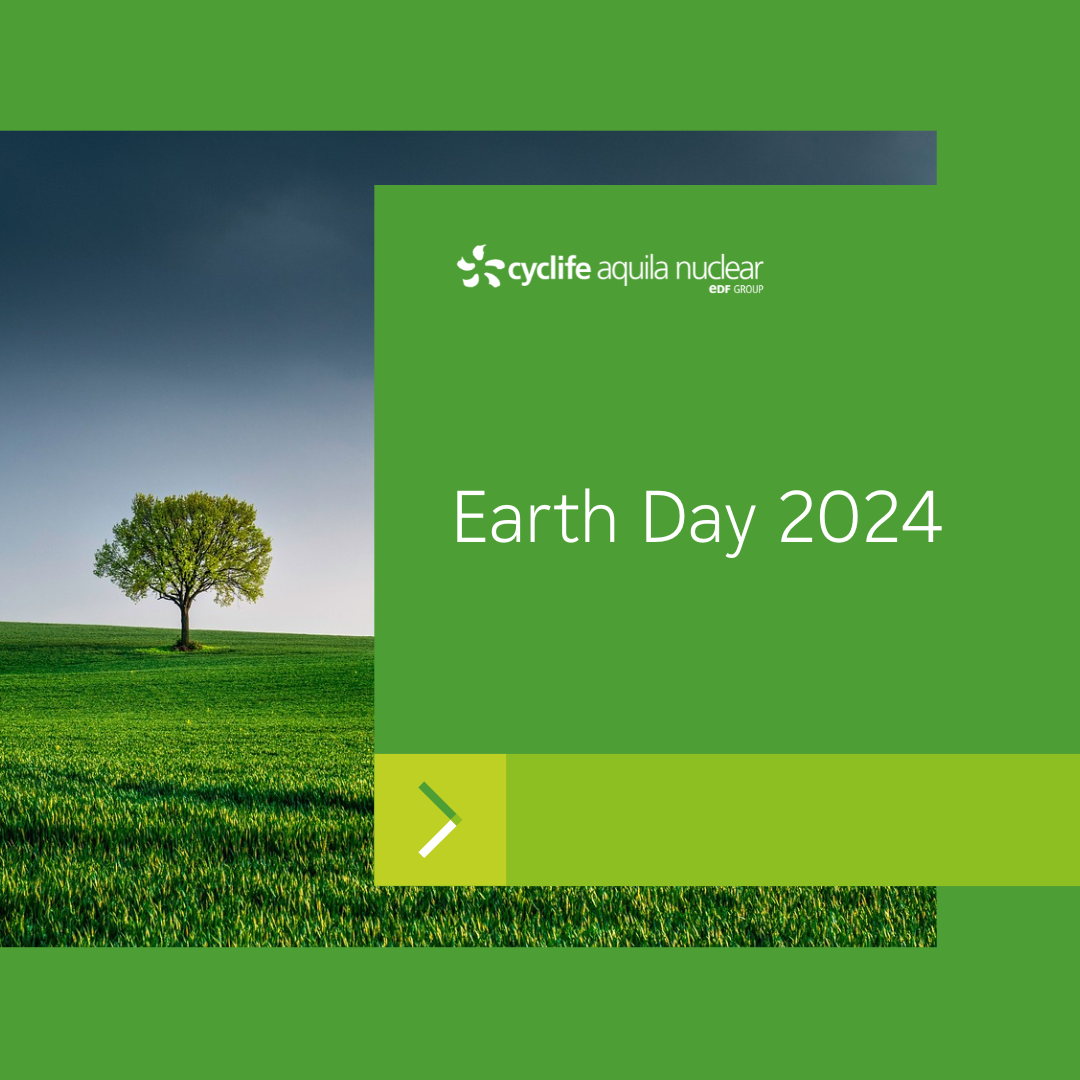
Earth Day 2024
Today we celebrate Earth Day, Earth Day is a brilliant yet stark reminder of the importance of environmental sustainability and the conservation of natural resources to support future generations. This day provides us with an opportunity to learn, raise awareness, inspire change and continue to contribute to a healthier planet.
Introduction to the UK nuclear industry
The UK nuclear industry has been instrumental in contributing to the UK’s energy mix and to the government’s goal of achieving a net zero future by 2050, aiming to provide about 25% of the country’s electricity through nuclear power and energy. Great British Nuclear (GBN), a government owned public body, aims to deliver this long-term plan through its Small Modular Reactor (SMR) competition, inviting companies to design the reactors which are planned to be implemented by the mid-2030s to help reach the government’s target. As well as nuclear energy, the industry is also made up of other sectors including nuclear science and research, defence, decommissioning and nuclear medicine. All of which highlight the importance of nuclear in today’s society and how this continually advancing industry will provide advantages for future generations, from employment opportunities to advancements in healthcare and a positive impact on the environment.
The environmental benefits of nuclear energy
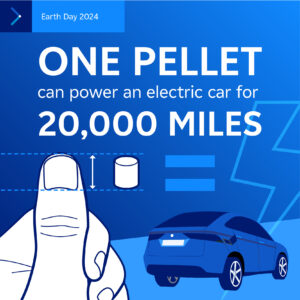 So, you’re probably thinking how does nuclear energy benefit the environment? Among various energy sources like coal, oil, and gas, nuclear energy and renewable energy have the most positive impact on our environment. Nuclear power stations operate without emitting greenhouse gases such as carbon dioxide or methane resulting in minimal emissions during the construction process. Overall, nuclear energy has one of the lowest greenhouse gas footprints across its entire lifecycle, including mining, construction, operation, and decommissioning. In addition to reducing our carbon footprint, nuclear energy is highly reliable and efficient. For instance, “One pellet the size of your thumbnail can power an electric car for 20,000 miles. The whole fleet powers 12 million homes from less than 1 square mile” saving the UK more CO2 emissions than any other energy source. Over time, this will inevitably reduce costs and minimise environmental impact, making it one of the most inexpensive forms of energy.
So, you’re probably thinking how does nuclear energy benefit the environment? Among various energy sources like coal, oil, and gas, nuclear energy and renewable energy have the most positive impact on our environment. Nuclear power stations operate without emitting greenhouse gases such as carbon dioxide or methane resulting in minimal emissions during the construction process. Overall, nuclear energy has one of the lowest greenhouse gas footprints across its entire lifecycle, including mining, construction, operation, and decommissioning. In addition to reducing our carbon footprint, nuclear energy is highly reliable and efficient. For instance, “One pellet the size of your thumbnail can power an electric car for 20,000 miles. The whole fleet powers 12 million homes from less than 1 square mile” saving the UK more CO2 emissions than any other energy source. Over time, this will inevitably reduce costs and minimise environmental impact, making it one of the most inexpensive forms of energy.
Nuclear power plants not only operate at a low cost, but they also have an extremely high lifespan. “The lifetime of an average nuclear power plant worldwide might reach up to 50 years. In comparison, wind farms only have an expected lifetime of around 20 years, while energy storage last roughly 10 years.” This longevity means that there will not be additional expenses for constructing new facilities, resulting in fewer environmental impacts from the construction process of more power plants around the world.
Safety concerns and how the industry is monitored
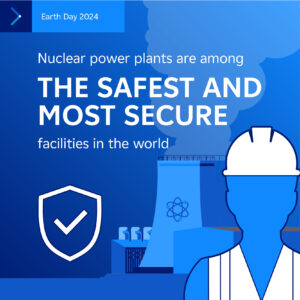
Concerns about the expansion of the nuclear industry and its safety implications are not unusual, and this comes as no surprise after the unforgettable Chernobyl disaster, however the industry is constantly being monitored through a combination of regulatory oversight and specific codes of practice to ensure that accidents like this do not happen again. The Nuclear Decommissioning Authority, the Environment Agency, and the International Atomic Energy Agency (IAEA) are just a few examples of public bodies with regulations in place to ensure a safe and sustainable practice.
Within the EU the Euratom safety framework ensures that countries “give the highest priority to nuclear safety at all stages of the lifecycle of a nuclear installation, including nuclear power plants” meaning they are responsible for any radioactive waste and the decommissioning of shutdown installations guaranteeing a safe containment of the nuclear substance. As well as this, the Basic Safety Standards Directive ensures that countries protect those working in environments with ionising radiation and members of the public being exposed to this radiation. With these safeguards in place, residents who live nearby to these facilities will feel a greater sense of security and safety. Even the IAEA stated that “nuclear power plants are among the safest and most secure facilities in the world”.
How Cyclife Aquila Nuclear is involved in nuclear
So how is Cyclife Aquila Nuclear involved in nuclear and what do we do to help the environment? CAN specialises in the design and manufacturing of bespoke plant and equipment for the nuclear industry. We focus on multiple nuclear markets including decommissioning, science, defence, new build, and medicine. It is fundamental that we strive to be environmentally friendly in everything that we do. Currently we have several targets in place to help reduce our carbon footprint over the next ten years. Examples of these include having all of our energy supplied by renewable energy sources, our company vehicles being a mix of hybrid and electric and continuing to have hybrid working policies in place to reduce the use of transportation therefore reducing our emissions. We aim to achieve these targets and more by 2030.
As well as this, when designing and supplying equipment, we aim to keep sustainability and the environment at the forefront in everything we do, ensuring we consider the long-term impact of the material and the manufacturing process. We ensure that when our customers are operating, maintaining, and eventually decommissioning our plant and equipment that they do this while minimising the impact on the environment long after we have supplied this to them. By doing this, we are contributing to the overall target of a net-zero future and ensuring that we, as a company, are doing our bit to support the environment the best we can.
It is great to see that nuclear technology is being recognised for its capabilities in shaping our future in areas such as energy, defence, medicine, and science and so on. It will be fascinating to witness these types of technologies advance over the years especially nuclear’s contribution to achieving a net-zero future. As Rishi Sunak states “Nuclear is the perfect antidote to the energy challenges facing Britain – it’s green, cheaper in the long term and will ensure the UK’s energy security for the long term”. If we, as a country, continue to contribute and be conscious of our actions, we will be on the way to combating climate change, creating a greener environment for future generations.


